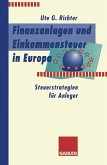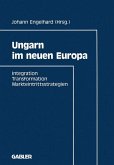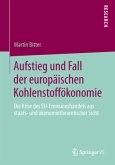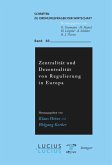Introduction Europe in Progress, Model and Facts is the second volume in the series Europe's Economic Future launched in 1994. It is in keeping with the will expressed by the University Robert Schuman and implemented by CESAG, the research centre of IECS Strasburg, to observe and to analyse European reality; not through idealized models or abstract diagrams but out in the real world, close to the lives and actions of Europe's citizens and companies. This research, undertaken by leading academic figures of different countries, offers a wide spectrum of reality in evolution and Europe's characteristic diversity. This diversity appears to be both a blessing and a handicap because the adaptation process linked to European integration and the definition of global competitive strategies demands unequal efforts. It is therefore understandable that uncertainties arise, that tensions appear amongst partners who, in some areas of social economic or financial life, stand together but refusea constraining solidarity in other areas. However one thing is certain: Europe's construction progresses step by step. This deep-seated reality is enhanced by cross-border investments, by the setting up of common rules and standards, by the creation of collective, common instruments, by factor mobility, by intensified exchanges of goods and services, by improved understanding of behaviours and cultures and by learning from others. Europe, with twelve members or more, has a socio-economic life "per se" which, with the adjustment of varying difficulties, is on the road to improvement.








